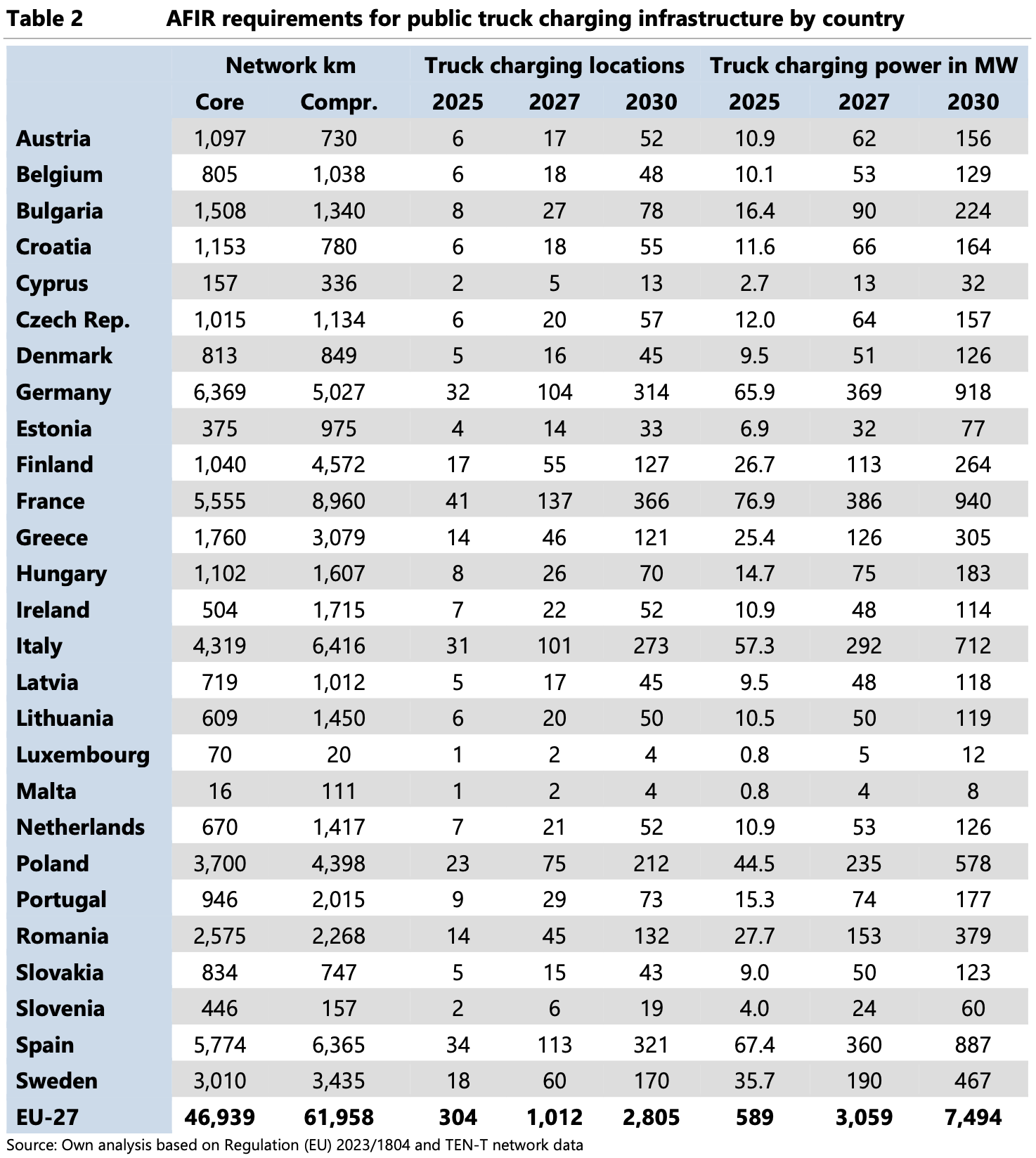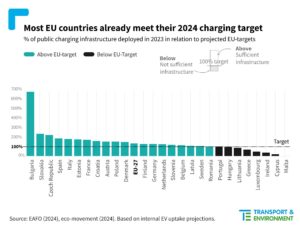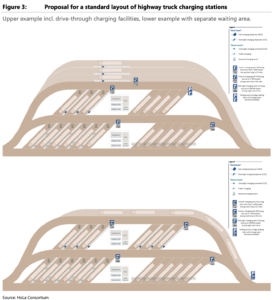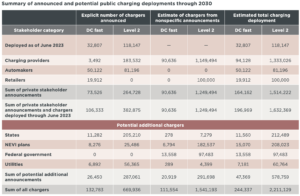EU Sets the Stage for a Green Logistics Revolution
At the heart of the continent’s green logistics revolution is the Alternative Fuel Infrastructure Regulation (AFIR), a legislative framework that mandates the installation of nearly 2,800 fast-charging stations by the year 2030. This move is designed to support the growing fleet of electric trucks, with powerhouses like Germany, France, and Spain leading the charge. The initiative is a clear signal of Europe’s commitment to curbing carbon emissions and fostering a sustainable logistics sector.
Addressing the Hurdles Head-on
The report by the Fraunhofer ISI outlines several challenges in rolling out the MCS charging infrastructure. Key among these is the integration of the charging network with existing energy grids, optimizing the limited space at truck stops to accommodate new charging points, and the critical need for enhanced data sharing and collaboration among stakeholders. The recommendations put forth include the simplification of procedures for grid connection, advocating for a judicious use of space, and promoting transparency in trucking data to inform infrastructure planning.
A Collaborative Path Forward
The study emphasises the importance of a collaborative approach, urging utilities, governments, and the private sector to work hand in hand. This synergy is essential for realising the vision of a fully electrified long-haul trucking network that is both efficient and environmentally friendly. The report suggests a blend of MCS for rapid charging along key routes and slower, depot-based charging solutions for overnight stops, presenting a nuanced strategy for the sector’s electrification.
Europe’s Blueprint for Sustainable Trucking
As the 2030 target approaches, the insights from the Fraunhofer Institute serve as a crucial blueprint for all stakeholders involved. This detailed roadmap underscores the technical, logistical, and regulatory considerations that must be addressed to ensure the successful adoption of electric trucks across Europe’s logistics networks.
Implications for the Future of Transportation
The ambitious push towards electric trucking in Europe has far-reaching implications for the global transportation sector. By setting a precedent for the rapid development of high-power charging infrastructure, Europe is not just working towards its own sustainability goals but also inspiring other regions to embark on similar transformations. The successful implementation of the recommendations laid out in the report will catalyse a significant reduction in the logistics sector’s carbon footprint, marking a new era in the pursuit of a cleaner, greener planet.
As Europe forges ahead with its plans, the continent’s journey towards sustainable long-haul trucking stands as a testament to the power of innovation and collaboration in tackling the world’s most pressing environmental challenges.




